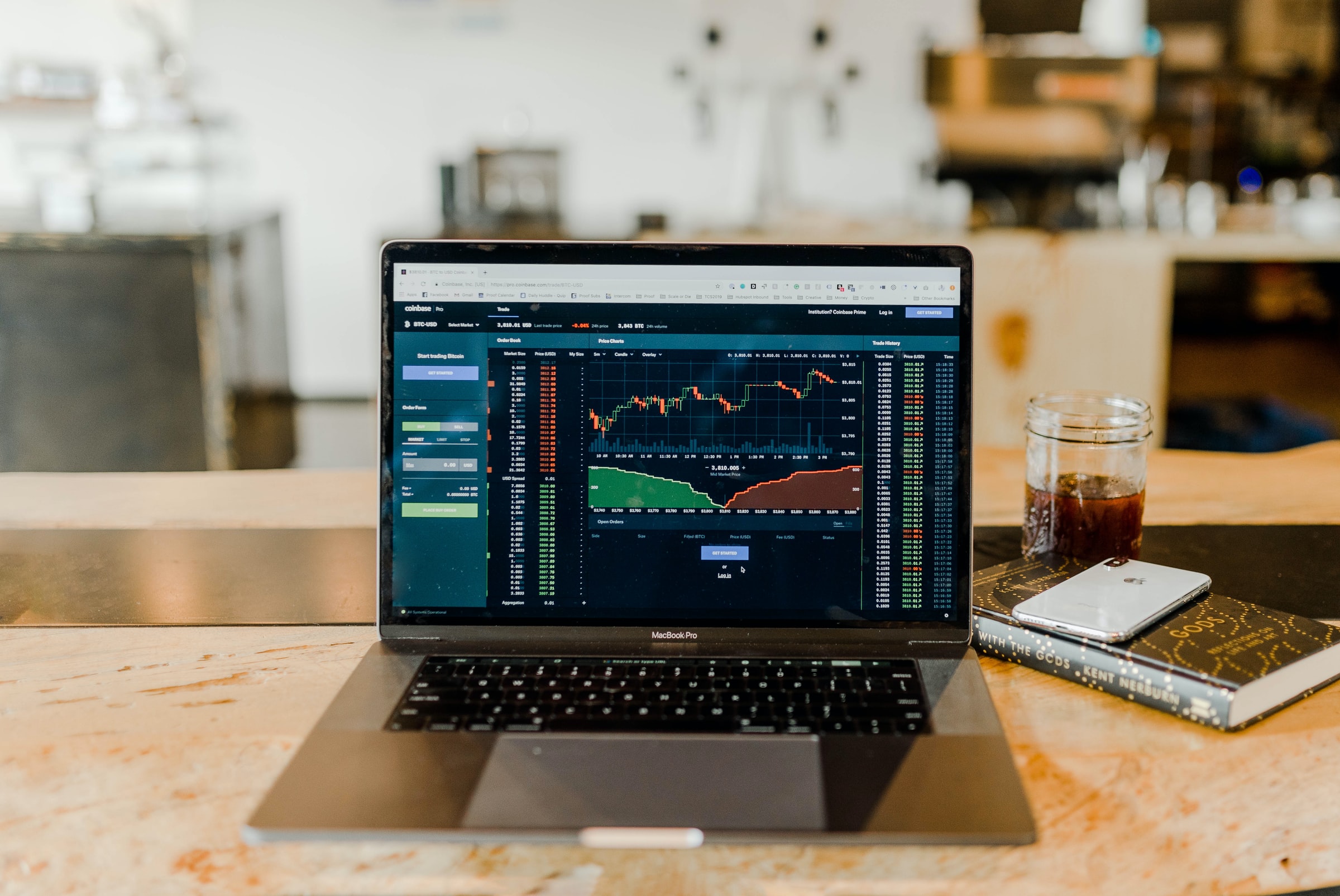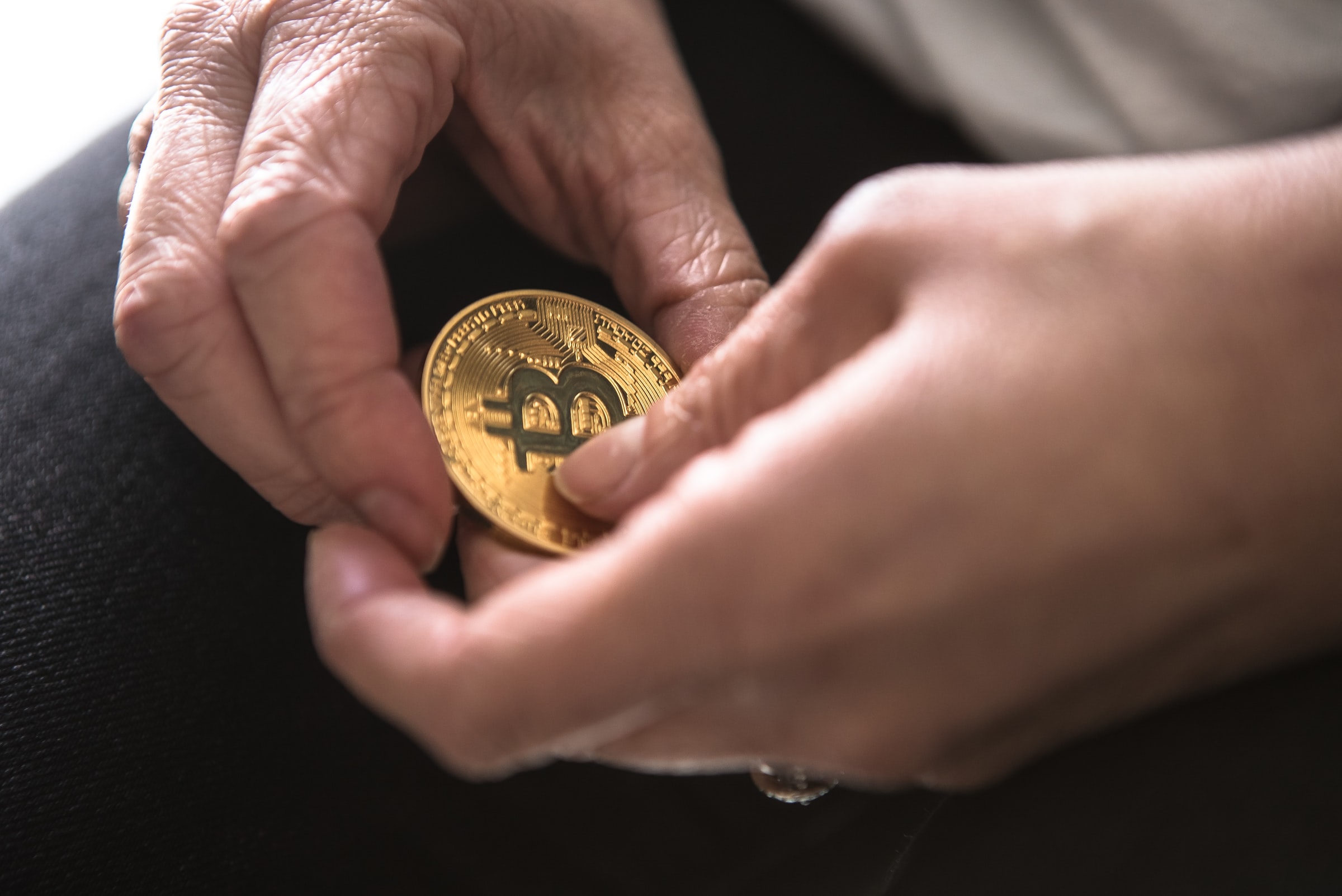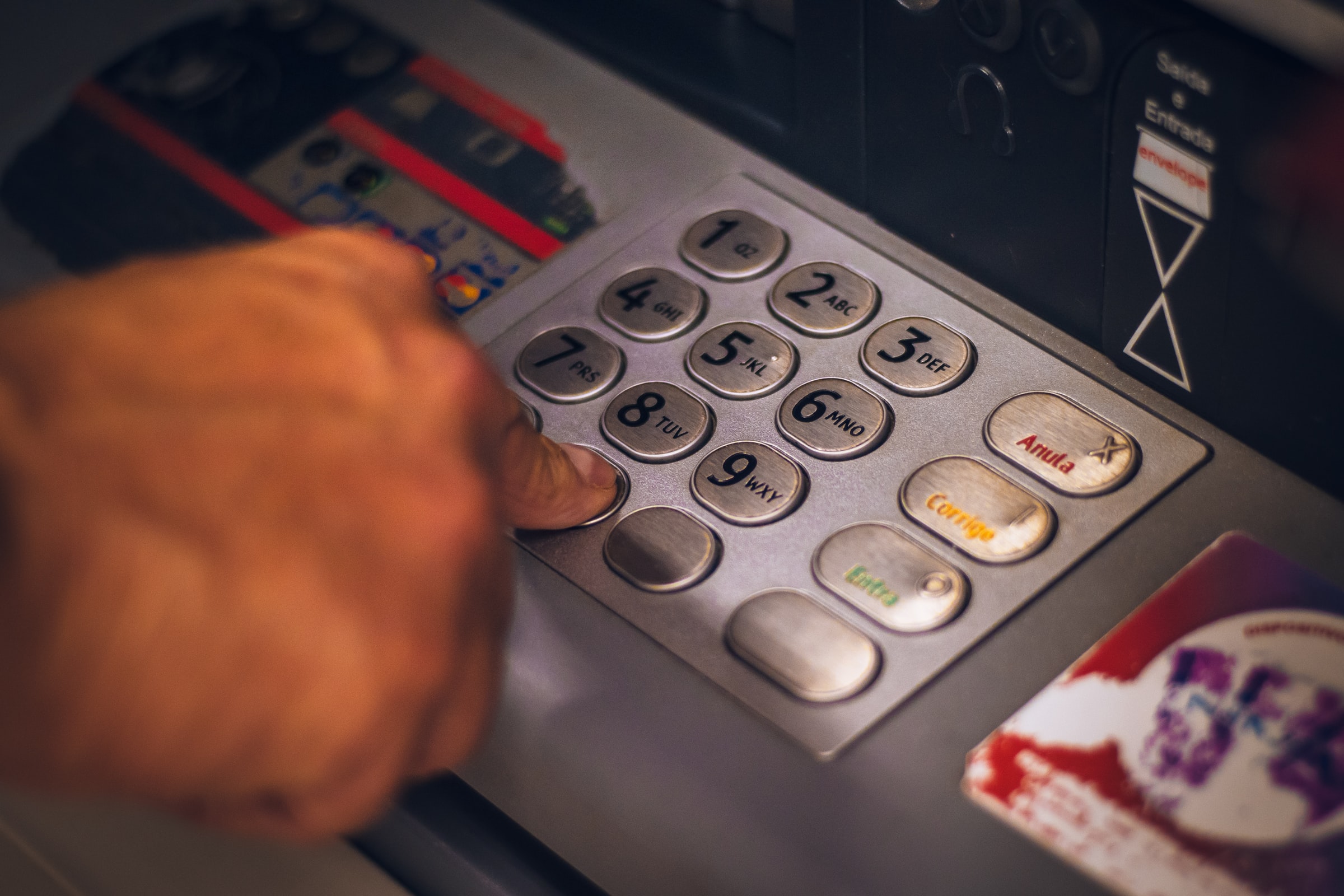Accidental trades happen – sometimes with big consequences. Just last week, an Ethereum trader accidentally paid 23.51 ETH for a transaction in gas fees.
However, moments like these may be on the way out, thanks to a company named Kirobo.
A fintech start-up based in Tel Aviv, Kirobo gained notoriety for creating a product that reverses accidental Bitcoin transactions during June of 2020, citing a survey where 18% of responders stated that they lost funds due to human error. After a few more months of work, they have also made the technology available for Ethereum.
No More Human Error
The technology named Retrievable Transfer is available to MetaMask users – as well as any Ethereum trader who uses the WalletConnect protocol.
When making a transaction, the Retrievable Transfer user will receive a generated password. After the transfer is made, the trader will have the opportunity to look over all the details again, before sending the password to the receiver.
In order for a transaction to be successful, the receiver must also enter the password – otherwise, the funds can be reclaimed by the sender.
Asaf Naim – the CEO of Kirobo – says that the aim of him and his team when creating this tool was to eliminate the anxiety felt by customers when making a transaction by ensuring the impact of human error was negated.
The use of our logic layer finally eliminates the need to send a test transaction, sharply reducing the level of anxiety users feel when transferring funds to a third party.”
The Retrievable Transfer function also includes safeguards against man-in-the-middle attacks – as well as safeguards against Smart Contracts that don’t allow deposits.
With yet another barrier to crypto adoption on it’s way out, more widespread adoption should follow.










